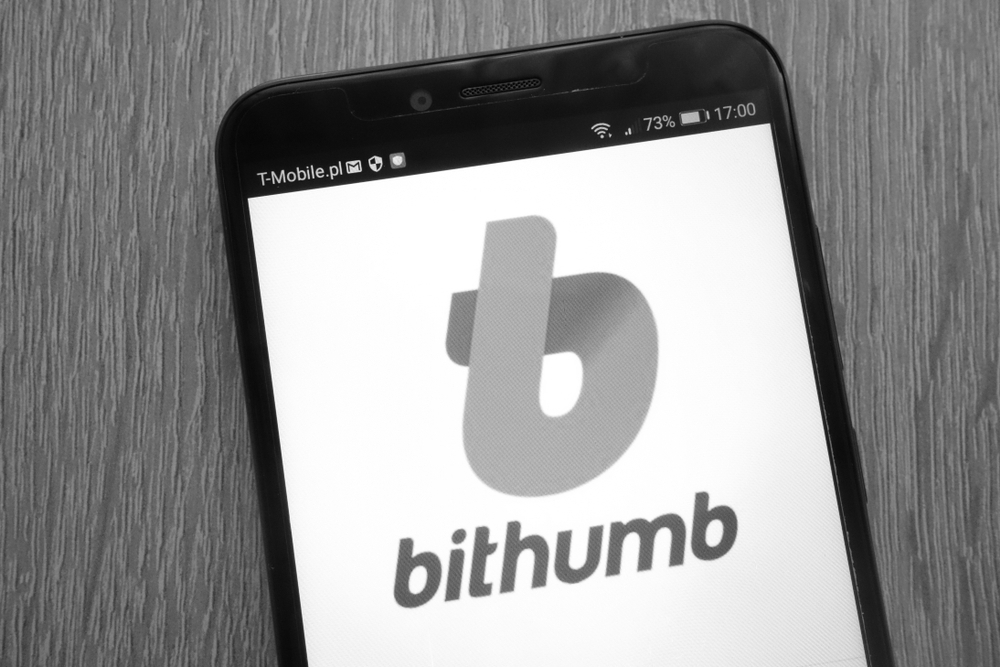NullTX
3d
151

Image Credit: NullTX
Bithumb Sees Dramatic Turnaround with $89 Million Operating Profit in 2024 Amid Growing Crypto Adoption in South Korea
- Bithumb, South Korea’s second-largest cryptocurrency exchange, has made a remarkable turnaround in 2024, reporting operating profits of $89 million and a net profit of $110 million after suffering a significant loss in 2023.
- The cryptocurrency market in South Korea faced challenges, with Bithumb undergoing restructuring to improve efficiency and focus on key strategic initiatives, leading to its impressive profits in 2024.
- Bithumb's success shows resilience in a tough industry and a positive sign for cryptocurrency adoption in South Korea, where virtual asset use has surged, reaching 16.29 million users, surpassing stock market investors.
- The increasing institutional interest in cryptocurrencies in South Korea is evident, with exchanges like Bithumb observing a rise in trading volumes and engaging both retail and institutional investors.
- Despite the growth in crypto adoption, South Korean exchanges face regulatory challenges regarding money laundering, investor protection, and market manipulation, requiring them to remain adaptable and innovative.
- Bithumb's successful recovery and the growing crypto market in South Korea signal a positive outlook for the exchange and the country's role in the global digital asset arena.
- Despite the regulatory hurdles and market volatility, South Korea's cryptocurrency exchanges are poised to remain strong, catering to an increasing number of users seeking secure, reliable, and innovative platforms for trading.
- Cryptocurrency adoption in South Korea continues to rise, with more individuals investing in digital assets driven by the potential for high returns and a growing understanding of blockchain technology.
- The user base growth highlights South Korea's status as a prominent player in the global crypto space, with exchanges like Bithumb adapting their services and security measures to meet the diverse needs of customers.
- Bithumb’s financial resurgence serves as a testament to the adaptability and resilience of the exchange in navigating the challenges of the cryptocurrency market, reflecting the increasing acceptance of digital assets in South Korea.
Read Full Article
9 Likes
For uninterrupted reading, download the app